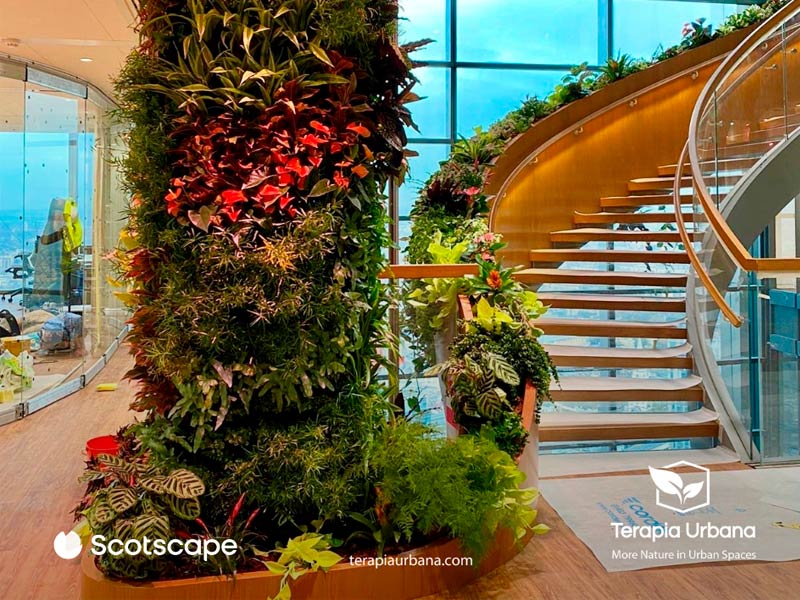The International Day Against Climate Change is more than a date on the calendar: it is an opportunity for the whole world to stop, even for a few seconds, to reflect on the urgent need to address the environmental challenges we face. It has become one of the greatest threats to our planet and its inhabitants.
Although this anniversary has not been officially proclaimed by the United Nations (UN), it is important to highlight that this organization supports the initiative to promote actions aimed at mitigating the effects of climate change. In fact, the International Day against Climate Change is closely aligned with one of the most significant Sustainable Development Goals, number 13: Climate Action.
It is a time when we must pause and consider the magnitude of the problems we face: ever-increasing temperatures, extreme weather events, the accelerated loss of biodiversity and the threat to the sustainability of our ecosystems.
Recent CSIC studies warn that climate change “amplifies half of the pathogenic diseases” such as colds, influenza, Covid-19, Ebola, etc., which has a major impact on human health.
A day, then, that reminds us that we cannot afford to be passive spectators of this crisis.
How urban green infrastructure can help to curb this problem
In the midst of these environmental concerns, it is necessary to restore the city-nature balance. Through urban naturation we are able to recover the space that nature has lost. The incorporation of elements such as vertical gardens, landscaped roofs or green corridors generate a strong connection between urban spaces and nature.
In this context, vertical gardens emerge as a contribution of hope and a way to “fight” with actions against climate change.
They are much more than a decorative element in our cities and buildings; they are a tangible manifestation of our commitment to sustainability.
A change in air quality
Air quality is an issue that affects urban areas around the world. Air pollution represents a serious risk to human health. Vertical gardens, through the absorption of particulate matter and the production of oxygen, contribute to the significant improvement of air quality.
Carbon footprint reduction
Reducing carbon emissions is a global priority, and vertical gardens play a key role in achieving this goal. By absorbing carbon dioxide, they contribute directly to the reduction of greenhouse gas emissions. This action is essential to mitigate the effects of climate change and move towards achieving sustainability goals.
An example of this contribution is the project to install the largest vertical garden in Europe on a stretch of the M30 in Madrid.
This large-scale project involved 3,250 square meters of surface area, covering the concrete walls. with 23 highly durable plant species and with a remarkable capacity to absorb pollutants.
This initiative in the city is an important step forward in environmental terms.
The project contributes to dampen the heat island effect while reducing emissions from road traffic and minimizing noise pollution.

